During their first year of research, volunteering student reps are helped not only by the EASTBIO Administrator but also by second-year student reps. Our student reps' contributions are key in boosting the solidarity and the connections developed between different cohorts and in engaging with the EASTBIO Management Group in all things training.
Find out more about the EASTBIO first-year student representatives, by partner institution, below (emails linked on each name).
Aberdeen student reps:
Daniel Underwood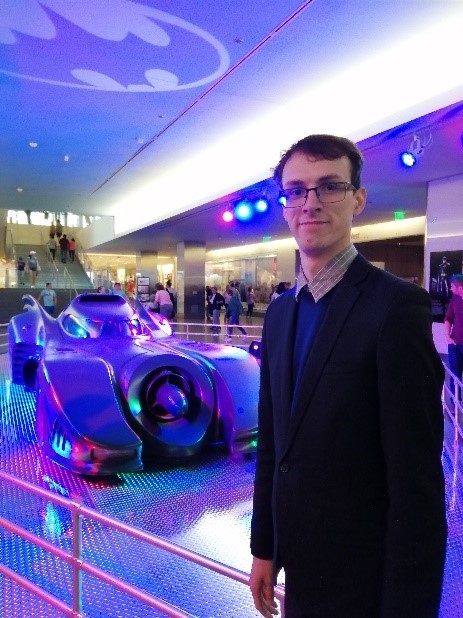 Project title: The role of the Rab32/BLOC3 host defence pathway in controlling Staphylococcus aureus infections (AFS)
Project title: The role of the Rab32/BLOC3 host defence pathway in controlling Staphylococcus aureus infections (AFS)
Personal note:
Despite growing up and studying in the South of England I have found myself missing out the entirety of the North and ended up beyond the wall here at the University of Aberdeen. Here I will be looking at the Rab32 GTPase, a small trafficking protein that has been shown to have a role in protection from Salmonella infections. A knockout of this gene in macrophages infected with S. aureus has suggested that it may have a similar role. So hopefully I’ll be the one to figure out whether this is the case, with positive results offering the possibility of new drug targets for a bacterium that is becoming increasingly drug resistant. Nobel Prize perhaps? Although I may be researching macrophage defence mechanisms now my interests have moved around – from complement responses to TB to the effect of Parkinson’s Disease on the respiratory system (the latter of which I presented at the BCUR Conference 2018 and can be found here. So, it’s safe to say that science offers a lot of possibilities to fill any interests you may have. Speaking of interests, I don’t spend all of my time in the lab – I can often be found taking a break at the local cinema.
UoA reserves
Crystal Silver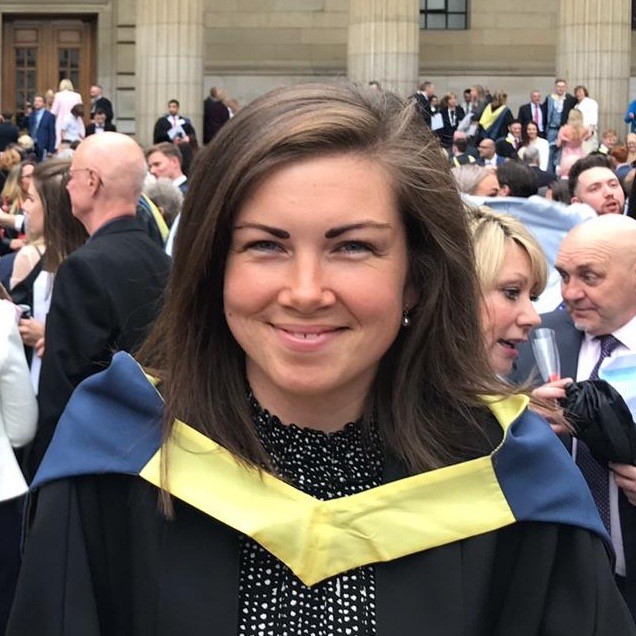 Project title: "Mechanisms of social agency" (WCUB)
Project title: "Mechanisms of social agency" (WCUB)
Personal note:
I am a PhD student within both the Social Interaction and Consciousness lab (SInC Lab) and the Consciousness, Attention and Perception lab (CAP Lab) at the School of Psychology, University of Aberdeen. My PhD is interdisciplinary in nature, spanning social and cognitive psychology, and neuroscience. My project seeks to investigate the mechanisms of Social Agency (i.e. our sense of responsibility for our actions, and the consequences of those actions, during interaction with an independent agent) through a combination of behavioural, eye-tracking and EEG techniques. My wider research interests are related to how we interact with each other, either in the real world or through computer interface. I have previous collaborative projects scrutinising the relevance of agency behind leading eye movements (i.e. gaze cues; presented at European Conference on Eye Movements 2019), and the social influences of attraction online. I graduated with a First Class BSc (Hons) in Psychology from Abertay University in 2019, winning the British Psychological Society Undergraduate Award. During my time as an undergraduate, I also completed a Carnegie Trust for the Universities of Scotland Vacation Scholarship in the summer of 2018. Outwith my studies, I enjoy outdoor activities including hill walking, running and sea kayaking, and I am a keen DIY, craft and cooking enthusiast.
Dundee student reps:
Abigail Brewer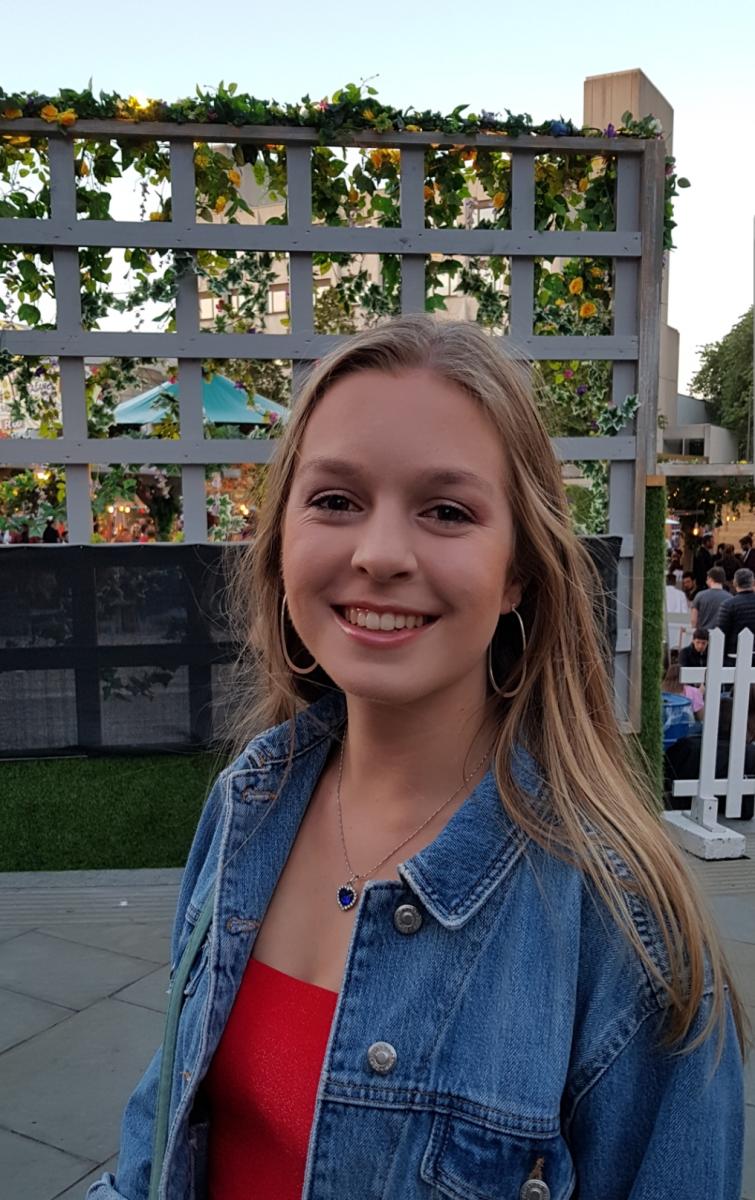 Project title: "Engineering an Affinity-directed Protein Missile System (AdPROM) for inducible degradation of target proteins" (WCUB)
Project title: "Engineering an Affinity-directed Protein Missile System (AdPROM) for inducible degradation of target proteins" (WCUB)
Personal note:
Hi, I’m Abbie and I am a PhD student based in the Sapkota laboratory at the University of Dundee. My project will focus on broadening the applicability of the affinity-directed protein missile (AdPROM) system. Here, high-affinity binders (e.g. nanobodies) are used to fuse a protein of interest with the CUL2-RING E3 ligase complex, resulting in efficient degradation of the endogenous target protein. Before my PhD, I completed my BSc (Hons) degree in Biological Sciences at the University of Dundee and during this time I undertook an Erasmus exchange to CEU San Pablo in Madrid, Spain. My degree enabled me to strongly focus on cell signalling and drug discovery and I look forward to combining and further exploring these interests in my PhD. In my free time I am learning Spanish and I enjoy meeting friends, hiking in the beautiful Scottish countryside and travelling.
UoD reserve:
Sophia Puliasis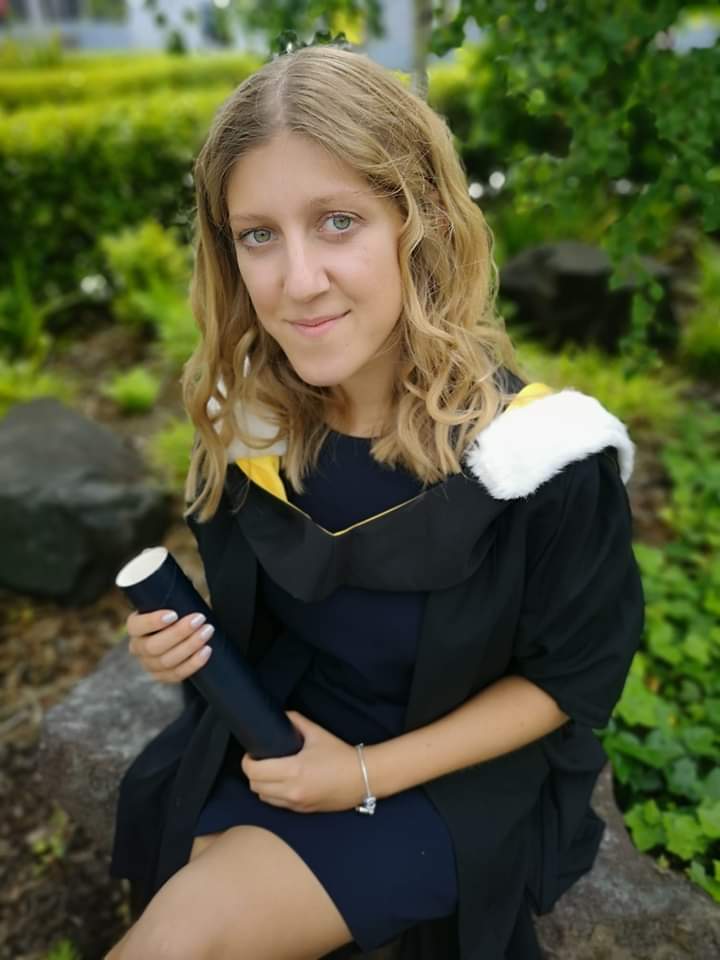 Project title: "Novel computational method development for shotgun proteomics" (AFS)
Project title: "Novel computational method development for shotgun proteomics" (AFS)
Personal note:
I did my undergraduate degree in Bioinformatics at the University of Dundee and have stayed on here for my PhD. My project is a joint studentship with the James Hutton Institute, supervised by Dr Runxuan Zhang, Dr Piers Hemsley, and Dr Dominika Lewandowska, based in the Information and Computational Sciences group. My topic is still quite open-ended, but I’m currently focusing on the use of alternative proteases for protein digestion in shotgun proteomics and the integration of genomic, transcriptomic, and proteomic data to aid in the identification and discovery of new peptides. I like spending my free time with friends, being outdoors, and travelling.
Edinburgh CSE student reps
Philip Butlin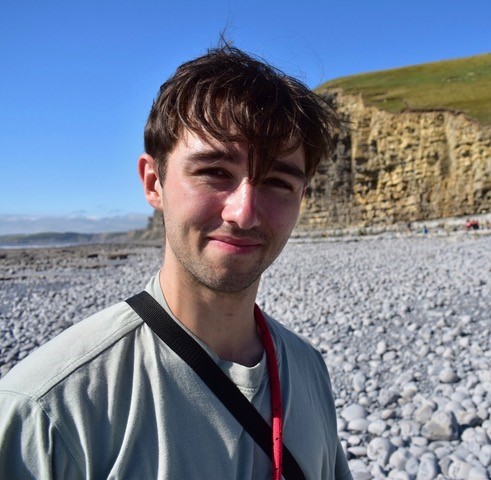 Project title: "Molecular mechanisms that control plant growth plasticity " (AFS)
Project title: "Molecular mechanisms that control plant growth plasticity " (AFS)
Personal note:
I’m part of Prof. Karen Halliday’s lab at the University of Edinburgh. My research focuses on how phytochromes regulate plant architecture in response to external stimuli, such as light and temperature. As part of my project, I will also be trying to develop our understanding of the role of the circadian clock in the shade avoidance response, as well as trying to clarify the ecological relevance of these changes. Hopefully, my work will lead to the identification of molecular strategies to improve plant architecture in dense cropping environments that normally reduce yield. I am originally from Cardiff, but before coming to Edinburgh I completed an MSci in Biology at the University of Bristol, where I conducted research into the role of sigma factors in plant cold tolerance. Outside of my work, I enjoy cooking and playing (and watching) a number of sports.
UoE CSE reserve:
Zoe Gidden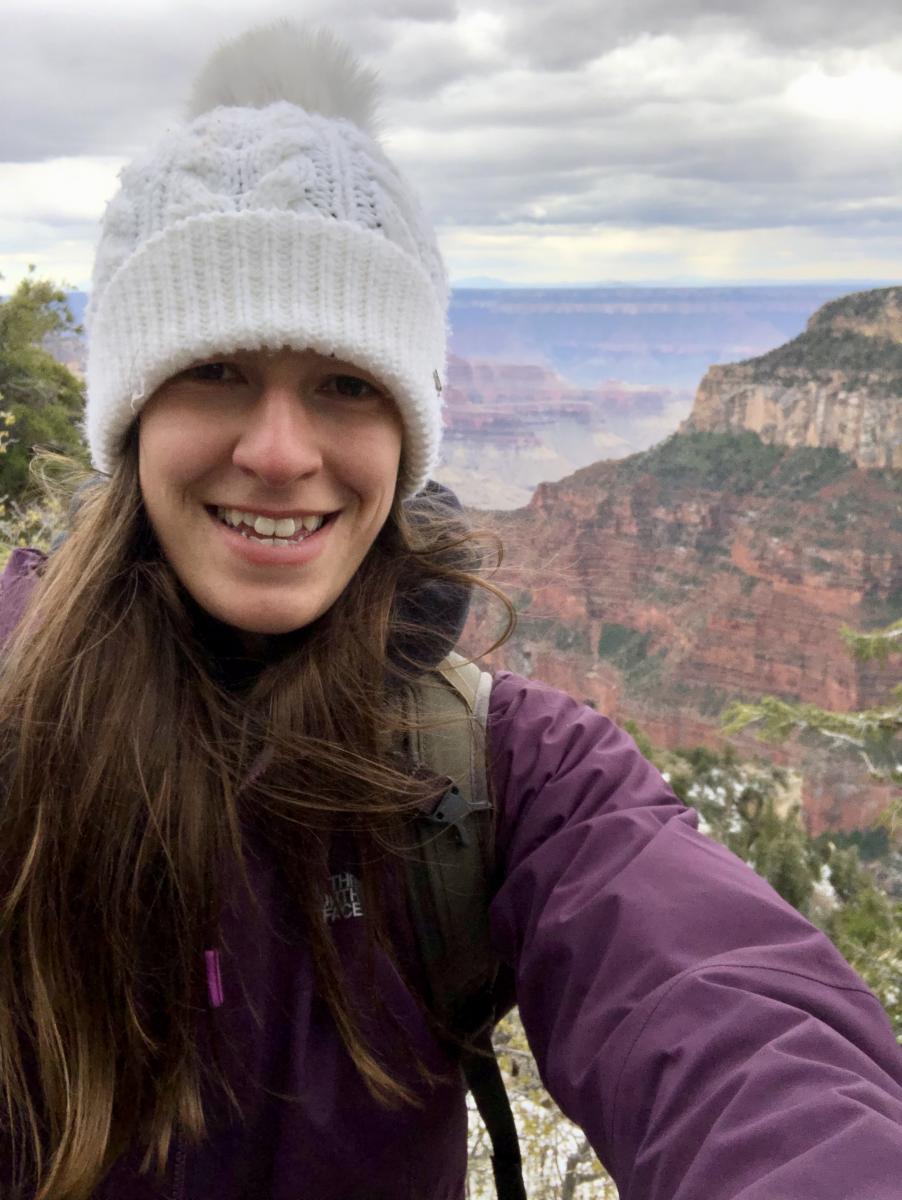 Project title: "Non-perturbative use of fluorescent proteins for super-resolution microscopy" (WCUB)
Project title: "Non-perturbative use of fluorescent proteins for super-resolution microscopy" (WCUB)
Personal note:
My project is co-supervised by Prof Lynne Regan and Dr Mathew Horrocks and aims to fluorescently tag proteins in mammalian cells, so that they can be imaged using super-resolution microscopy, while minimising the effect on the normal function of the protein. I completed my undergraduate degree in Biophysics at the University of British Columbia in Vancouver, Canada which gave me a strong grounding in all the natural sciences. I have always been excited by interdisciplinary research so my PhD project perfectly suits my interests and I get to play (safely) with lasers. When I am not in the lab I enjoy getting outside by running and hiking but if it’s too dreich I usually head to the swimming pool or curl up under some blankets with a book.
Edinburgh CMVM student reps
Dewi Owen
Project title: "Establishing drivers for the generation and transmission of antimicrobial resistance in the food chain" (AFS)
UoE CMVM reserve
Stephanie Brien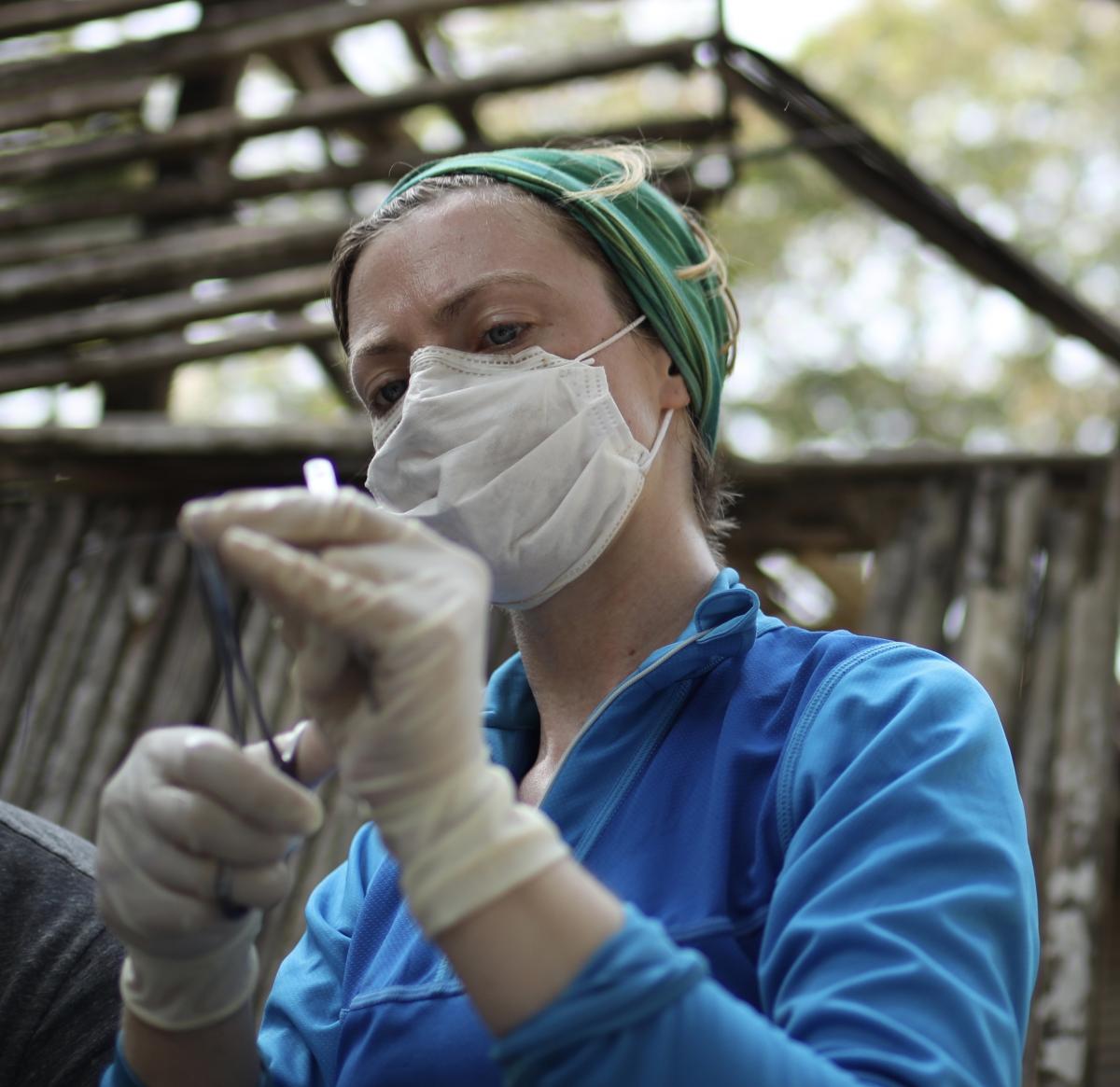 Project title: "Investigation of the immunogenetic and infection status of scimitar-horned oryx and livestock in Tunisia, and the risk of wildlife-livestock disease transmission" (BfH)
Project title: "Investigation of the immunogenetic and infection status of scimitar-horned oryx and livestock in Tunisia, and the risk of wildlife-livestock disease transmission" (BfH)
Personal note:
I am based at the Royal (Dick) School of Veterinary Studies and the Roslin Institute, where I am investigating the genetic diversity of immune markers in the genome of scimitar-horned oryx (Oryx dammah), a critically endangered species of desert-adapted antelope native to northern Africa. I will conduct fieldwork to assess the infectious disease status of livestock and semi-wild populations of oryx in Tunisia and explore the implications of immunogenetic variation on the risk of interspecies disease transmission. This information will be used to forecast the outcomes of management interventions, such as controlled trial releases.
My background is in veterinary medicine and my interest in One Health led me to intercalate in biological anthropology and to undertake an MSc in epidemiology. As well as gaining broad clinical veterinary experience, I have worked on a diverse range of research projects from studying Bluetongue infection in livestock in East Anglia, to monkeypox in chimpanzees (Pan troglodytes) in Cameroon, and the field ecology of black-bellied pangolins (Phataginus tetradactyla) in Cote d’Ivoire. My PhD project unites my interests in population health, conservation and interdisciplinary research.
St Andrews student reps
Tegan Knott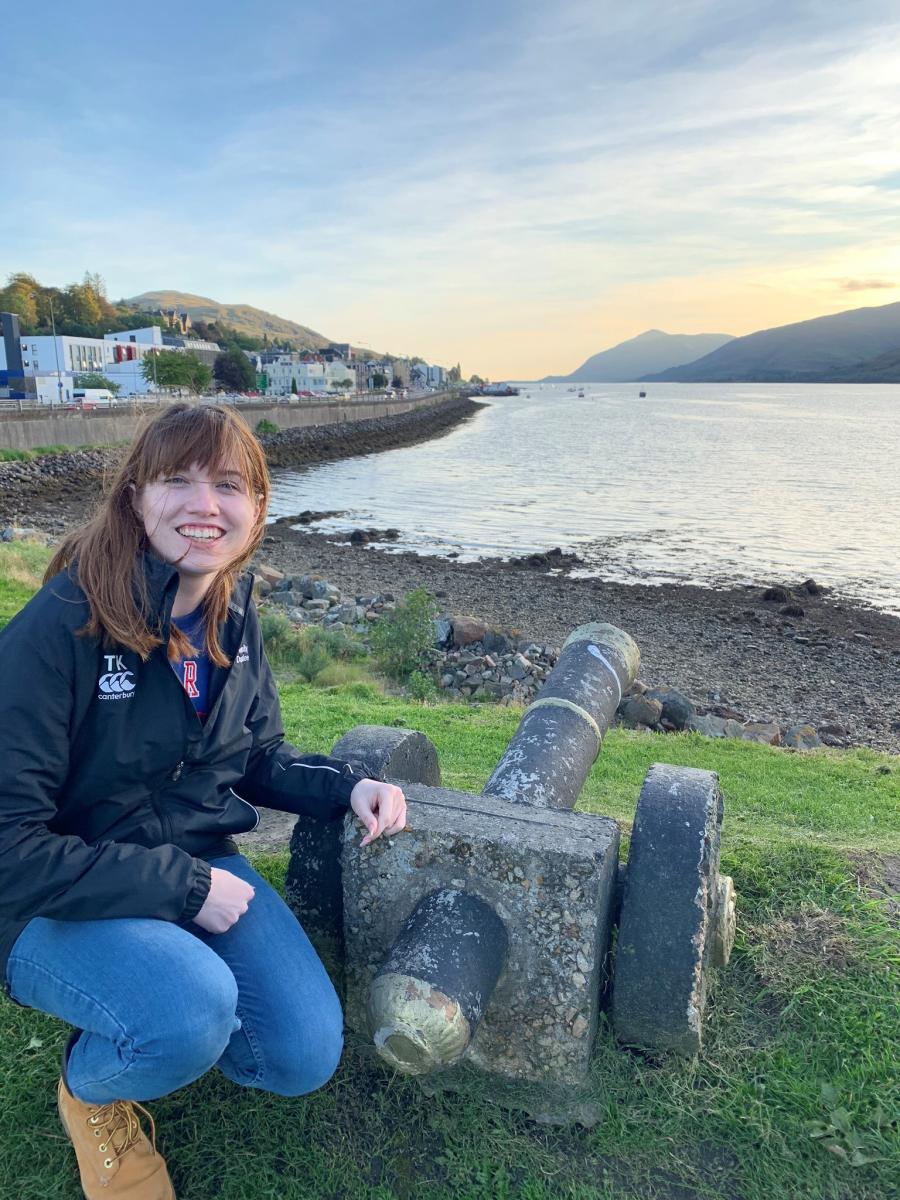 Project title: "Brain circuits for cognitive control" (BfH)
Project title: "Brain circuits for cognitive control" (BfH)
Personal note:
Hi, I’m Tegan! I previously completed my integrated master’s degree in Neuroscience at the University of Dundee and have now moved 30 minutes down the road to St Andrews where I am undertaking my PhD in the School of Psychology and Neuroscience. I will be looking at the processes involved, and the brain areas required for rapid and flexible learning which allow us to ‘think outside the box’. Throughout my Ph.D. I will investigate how this network of brain areas assign credit to stimuli and filters out unwanted or redundant information from other stimuli to prevent overloading which could result in process failure. Rats, like humans, have the ability to form attentional sets when learning about compound stimuli with multiple ‘aspects’ that can be predictive of reward, hence, we will be exploiting a rat’s natural curiosity to search for food (digging for a food reward) using the attentional set-shifting task that requires a series of two-choice discriminations. Using Pharmacogenetics we will be able to manipulate the brain circuitry of the rats in order to map the roles of specific brain regions in cognitive function. This will require the surgical administration of ‘designer receptors’ to the region of interest will permit the administration designer drugs to temporarily and reversibly ‘switch off’ regions of interest. My Project is also a CASE studentship with the pharmaceutical company Boehringer Ingelheim so I will also be going out to Germany to continue my research later on in my project!
UoStA reserve:
Dagmar Der Weduwen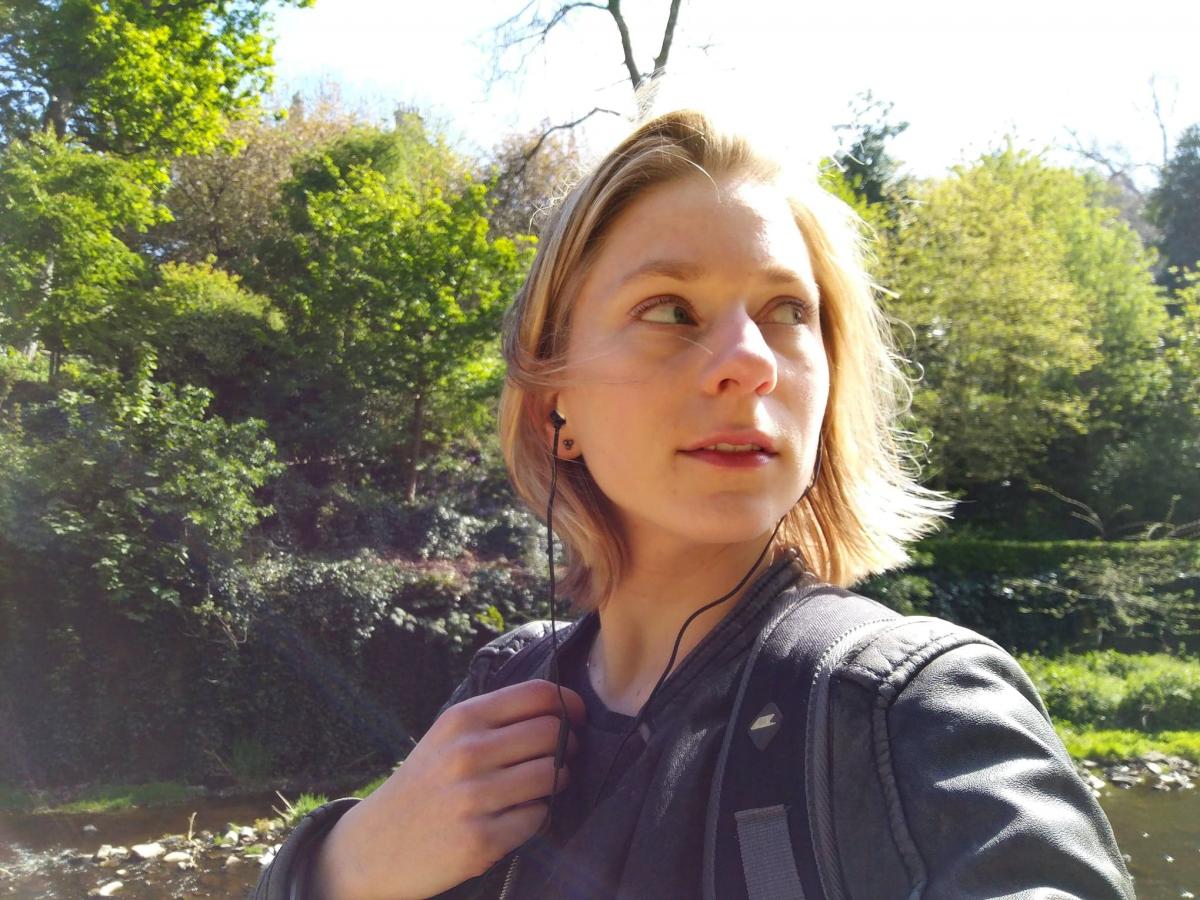 Project title: "Archerfish as a model for sophisticated social learning" (WCUB)
Project title: "Archerfish as a model for sophisticated social learning" (WCUB)
Personal note:
I’m a PhD student at the University of St Andrews. Archerfish sometimes employ a complex hunting mechanism, by which they shoot down prey located above the water surface using jets of water expelled from their mouths. This spitting behaviour provides an ideal system in which to study social learning in these group-living fish. I will be determining whether archerfish learn this behaviour by imitating their conspecifics, as well as which neural pathways may be responsible for this social learning. My previous work includes the study of blue tit nest characteristics in relation to environmental factors and several studies on the dispersal mechanisms of winged seeds. In my free time, I like to write, bake, and listen to podcasts.
Research outputs:
der Weduwen, D., & Ruxton, G. D. (2019). Secondary dispersal mechanisms of winged seeds: A review. Biological Reviews. doi: 10.1111/brv.12537
For details of the EASTBIO second-year student reps, see here.











